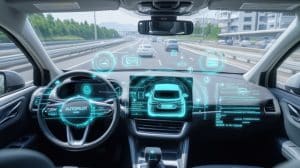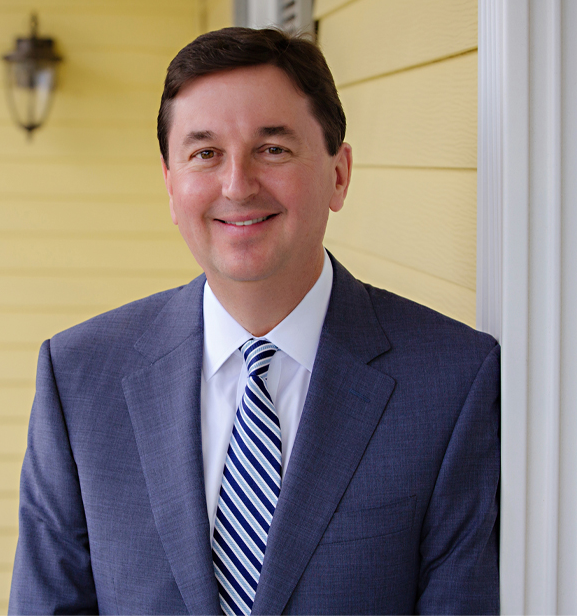Who’s Liable When Technology Fails? Self-Driving Features & Personal Injury Claims in NC
 The glossy ads show hands‑free bliss, but even the best driver‑assist packages today can miss a dull gray pickup truck at dawn. When a sensor misreads the road and you wake up in a ditch, the big question becomes simple: Who pays?
The glossy ads show hands‑free bliss, but even the best driver‑assist packages today can miss a dull gray pickup truck at dawn. When a sensor misreads the road and you wake up in a ditch, the big question becomes simple: Who pays?
Legally, most so‑called self‑driving cars are only Level 2 automation, meaning the human driver must supervise at all times. Marketing language can trick owners into thinking the vehicle is more capable than it is.
Why fault still matters in a high‑tech crash
In a traditional fender‑bender, witnesses often agree on who ran the red light. In an autonomous mishap, everyone blames a different line of code. That makes North Carolina’s blame‑based system more important, not less.
The Federal Motor Vehicle Safety Standards still place ultimate responsibility on the vehicle owner. North Carolina courts, therefore, start with the presumption that the titleholder owes a primary duty of care.
Manufacturers tout beta updates and remote diagnostics, but juries care about old‑fashioned negligence. Did someone know the risk and ignore it? Proving that link is the heart of any payout.
The usual suspects: the driver, the manufacturer, the coder
Drivers still owe a duty to monitor the road. Ignoring a dashboard alert can tank a claim. Automakers owe a duty to design safe vehicles and recall defects. Software firms must test patches so a bug doesn’t mistake a trailer for open sky.
Hybrid liability is common. A Charlotte car accident lawyer may sue the automaker for a faulty radar, the Tier‑1 supplier for bad wiring, and the Silicon Valley startup that wrote the vision algorithm. Each defendant will point at the others in an effort to reduce their share of liability.
North Carolina’s product liability rules
North Carolina General Statutes Chapter 99B, titled “Products Liability Actions,” requires proof that a “reasonably prudent manufacturer” would have designed the product or warned of dangers differently. There is no automatic payout just because a widget failed.
Design defects focus on whether a safer alternative was feasible. Manufacturing defects ask if the one car under your roof departed from the blueprint. Failure‑to‑warn claims hinge on whether the manual buried crucial limits in fine print.
Contributory negligence: the trap nobody warns you about
North Carolina follows pure contributory negligence. If a jury finds you partly at fault—say you looked at a text because the car said it could steer—you may walk away with nothing.
Courts have carved out exceptions, such as “last clear chance,” yet those doctrines are narrow. A vigilant car accident lawyer searches for evidence that the system failed, and works to argue against any claims you are partly at fault.
Gathering digital breadcrumbs
Black‑box modules log steering angles, brake force, and which autonomy mode was active. Many cars store a rolling window of only a few hours. You’ll need to pull those logs quickly, or they overwrite themselves.
Over‑the‑air networks also transmit crash packets to the automaker. A subpoena or preservation letter forces the company to keep raw telemetry. Video from external cameras, ride‑sharing apps, and nearby traffic cams can round out the story. Cell‑tower pings and GPS history from your phone strengthen timeline accuracy.
Filing a product liability claim in North Carolina: key steps
In planning your case, you’ll need an evidence locker. The chain of custody matters when defense experts comb through a vehicle for evidence. You may need to consult engineers who understand lidar, radar, and machine‑learning models.
Juries zone out when listening to scientific jargon. Your attorney should be hiring expert witnesses who understand not only the technical aspects of their field but also how to present it to a jury. A good expert witness can translate a description of technical flaws into plain English.
Even if you never make it into court, you need to prove that you are ready to win there. This gives you bargaining power at the settlement table. Finally, you must meet the three‑year statute of limitations and the 12‑year statute of repose for older products. Miss either deadline, and you may lose the right to bring your claim permanently.
Damages you can pursue
Medical expenses include surgeries now and the physical therapy you might need later. Lost wages include both time off and diminished future earnings if you can’t return to your job.
Pain and suffering cover the human cost, the nightmares, the anxiety about driving, or chronic pain. Punitive damages are rare but may be possible if internal emails reveal that executives fast‑tracked a known bug to beat a launch date deadline.
Future damages can even account for the cost of adaptive equipment—wheelchair‑accessible vans or smart‑home modifications, if mobility is permanently affected.
Insurance complications you didn’t expect
North Carolina mandates minimum liability coverage, but self-driving crashes often generate damages that exceed those limits. Underinsured motorist (UIM) coverage can fill gaps when defendants lack deep pockets.
The manufacturer’s product liability insurer may sit at the negotiation table, but it fights harder than auto carriers. A battle‑tested car accident lawyer coordinates claims so that policy amounts complement each other instead of canceling each other out.
Some insurers are exploring endorsements that may exclude autonomous operation if vehicles reach beyond Level 2—review your policy for any such exclusions. Review your declarations page; if the exclusion applies, secondary defendants become even more important.
How quickly should you act?
Crash debris gets swept away, EDR chips get reset to factory specs, and witness memories erode. Acting within days keeps the story clear once litigation starts.
Every hour you wait is an hour the defense spends building an alternative narrative—usually one that makes you look reckless. A seasoned car accident lawyer can tell the story in your favor.
Choosing the right car accident lawyer in Charlotte
During a consultation, ask your prospective lawyer about trial verdicts, not just settlements. A firm that has stared down corporate engineers on the witness stand carries weight in settlement talks.
Your next step starts here
Price Petho & Associates has represented injured North Carolinians since 1979. With hundreds of courtroom trials under their belt, their lawyers prepare every file as if a jury will see it.
We have forced automakers to release proprietary data, teamed with leading accident‑reconstruction experts, and secured life‑changing verdicts for clients blindsided by malfunctioning technology. If a self‑driving system hurt you, we want to hear your story. Call us or fill out our contact form for a free consultation.

Attorney Doug Petho is the owner and founder of Price, Petho & Associates. His primary focus is the litigation of plaintiff’s personal injury suits, and he has successfully tried hundreds of cases to jury verdict involving car accidents, trucking accidents, pedestrian accidents, slip and fall accidents, and work-related accidents. Contact his office in Charlotte today.
